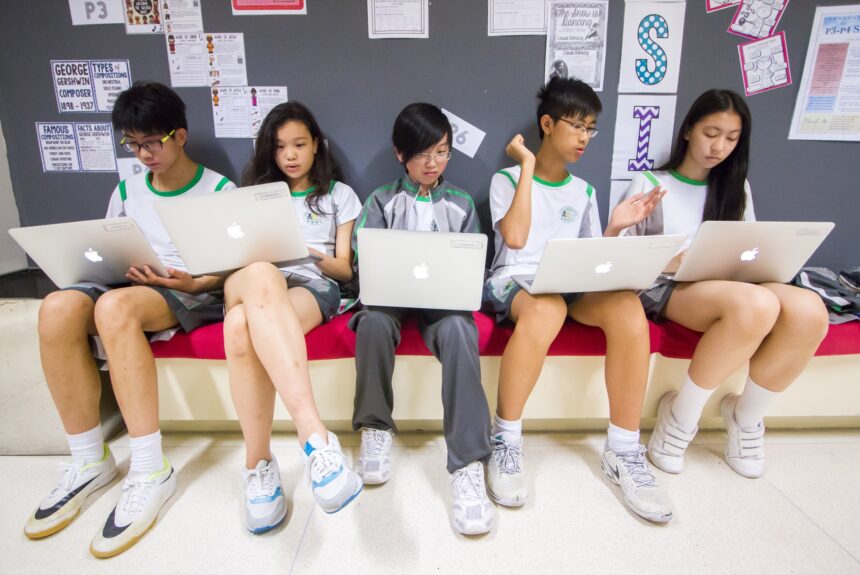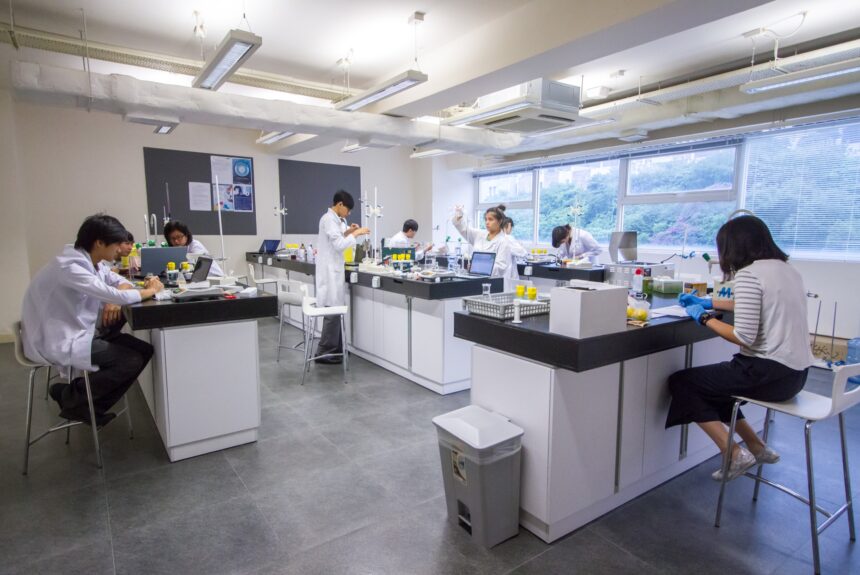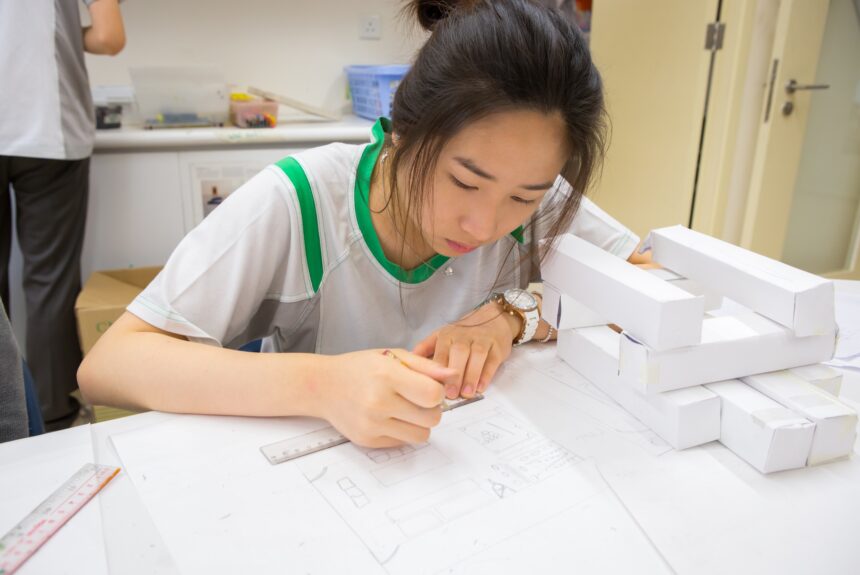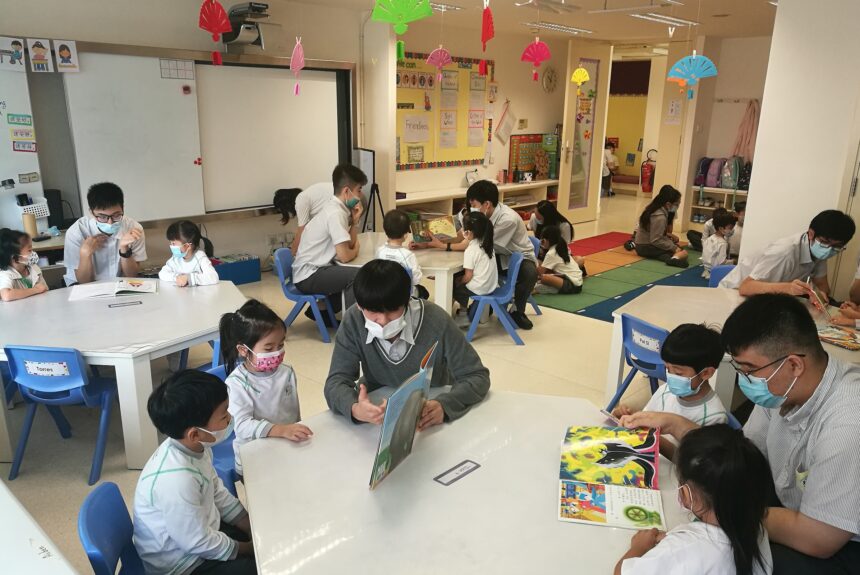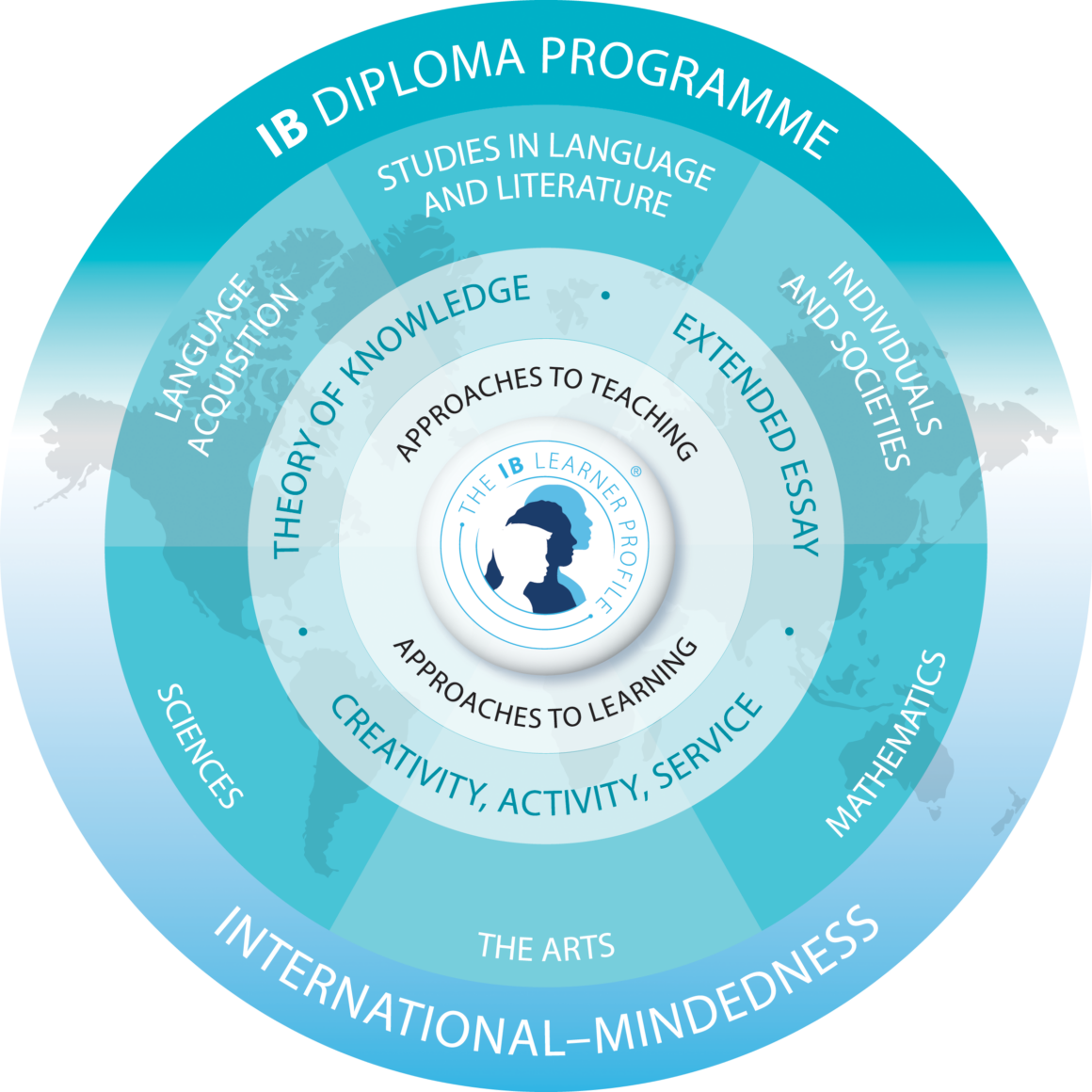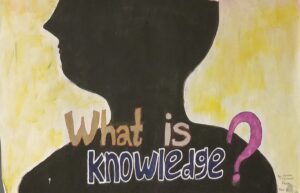“I personally believe that SON chose to adopt IB because they want the very best for their students. From personal experience, I can say with great pleasure that it was one of the many good choices that the school has made. The International Baccalaureate Programme has taught me to become an independent learner, not just in school, but every other lessons in life, and that has prepared me for my next step in life.”
International Baccalaureate Diploma Programme
Our Experience
The School of the Nations was the first school in Macau to introduce the IB Diploma Programme, beginning in the 2009-2010 academic year. We chose to implement the IB Diploma programme as we felt IB’s mission “to develop inquiring, knowledgeable and caring young people who help to create a better and more peaceful world through intercultural understanding and respect” was harmonious with our own aspirations.
School of the Nations is one of the few schools where all Form 5 and Form 6 students are encouraged to study in the IB Diploma Programme. A certificate track is also provided for interested students.
With 15 years of experience implementing the Diploma Programme, we have a strong track record of results.
Coordination
Dr. Ignacio Marcovecchio
IB Diploma Programme Coordinator
imarcovecchio@schoolofthenations.com
Ms. Meghna Thakkar
Assistant IB Diploma Programme Coordinator
mthakkar@schoolofthenations.com
University Guidance Counselling
SON’s University Guidance Counselling Office supports all Secondary students and families in their transition to postsecondary education. Parents of any Secondary student may also schedule a meeting with the University Guidance Counsellor and universities that visit.
A search for the best university setting for each student is a time-intensive process that must begin early in the Secondary school experience. Our University Guidance Counselling Office provides comprehensive university and career guidance, to help each School of the Nations graduate find the right university option for him or her.
For all matters, please e-mail the school University Guidance Counsellor, at careerguidance@schoolofthenations.com.
What we offer:
From 2016 to 2022, students at the School of the Nations achieved a 100% pass rate on the full IB Diploma.
In the May 2023 examination, SON students achieved an average grade of 35.20 out of 45, surpassing the world average of 30.24. Notably, approximately 40% of our students scored 40 points or more.
It was also a cause for celebration in May 2020 when a SON student was among the 141 students worldwide to score a perfect mark of 45, a first in Macao.
> View all results
Required Subject Areas
Students taking the IB Diploma Programme must complete one offering from each group and all three core elements:
Group 1:
Language and Literature
Group 2:
Language Acquisition
Group 3:
Individuals and Societies
Group 4:
Experimental Sciences
Group 5:
Mathematics
Group 6:
The Arts
* Taught by IB Instructors on the Pamoja online platform
Core Elements:
Extended Essay
The Extended Essay (EE) is a mini thesis that asks students to engage in independent research through an in-depth study of a question relating to one of the DP subjects they are studying.
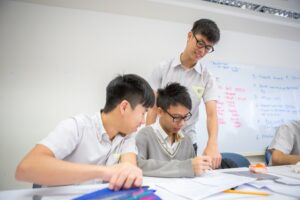
Creativity, Activity, Service
Creativity, Activity, Service (CAS) involves students in a range of activities alongside their academic studies throughout the Diploma Programme.
Creativity encourages students to engage in the arts and creative thinking. Activity seeks to develop a healthy lifestyle through physical activity. Service with the community offers a vehicle for a new learning with academic value.
The three strands of CAS enhance students’ personal and interpersonal development through experiential learning and enable journeys of self-discovery.
Diploma Track
Students on the Full Diploma Track take three subjects at the Higher Level (HL) and three at the Standard Level (SL).
Core elements of EE, TOK and CAS are required.
Course Track
Students on the Course Track take one or two subjects at the Higher Level (HL) and the rest of the subjects at the Standard Level (SL).
Core elements of EE, TOK and CAS are required.
Assessment
Students take written examinations at the end of the programme, which are marked by external IB examiners. Students also complete assessment tasks like essays, case studies, oral presentations, laboratory work, investigations and art shows in the school, which are either initially marked by teachers and then moderated by external moderators or sent directly to external examiners.
The marks awarded for each course range from 1 (lowest) to 7 (highest). Students can also be awarded up to three additional points for their combined results on theory of knowledge and the extended essay.
The diploma is awarded to students who gain at least 24 points, subject to certain minimum levels of performance across the whole programme and to satisfactory participation in the CAS requirement. Details can be found in the General Regulations – Diploma Programme document below. The highest total that a Diploma Programme student can be awarded is 45 points.

